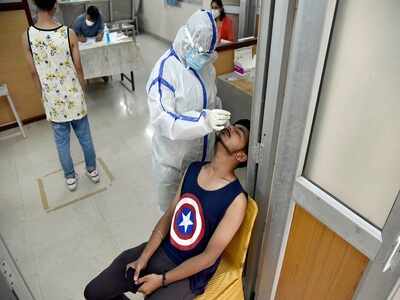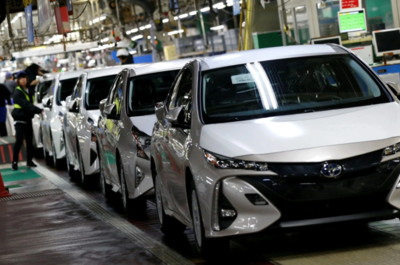HOUSTON: More than a quarter of U.S. offshore oil and gas production was shut and export ports were closed on Tuesday as Hurricane Sally stalled just off the U.S. Gulf Coast, pelting the region with heavy rains.
Sally weakened on Tuesday to a Category One hurricane with sustained winds of 80 miles per hour (128 kph), moving at a pace that threatened historic and life-threatening flooding from Mississippi to Florida, the U.S. National Hurricane Center said in a late day update https://www.nhc.noaa.gov/text/refresh/MIATCDAT4+shtml/152038.shtml?.
The storm plowed through prime U.S. offshore production areas and was meandering on a path toward Alabama and the Florida Panhandle, sparing New Orleans and some larger Gulf Coast refineries from its winds and rain.
Royal Dutch Shell said it shut its Appomattox oil platform about 80 miles off the coast of Louisiana, joining BP , Chevron Corp and Equinor in closing facilities less than one month after Hurricane Laura knocked about 1.5 million barrels per day of oil offline temporarily.
Nearly 500,000 bpd of offshore crude oil production and 28%, or 759 million cubic feet per day (mmcfd), of natural gas output were shut in the U.S. Gulf of Mexico on Tuesday, according to the U.S. Interior Department.
U.S. crude oil futures rose nearly 3% and gasoline futures climbed 2.3% on Tuesday on the hurricane-related oil production and refinery shut-ins despite demand losses from the COVID-19 pandemic.
The nation’s sole offshore terminal, the Louisiana Offshore Oil Port (LOOP), stopped loading tankers on Sunday, while ports from Biloxi, Mississippi, to Pensacola, Florida, were closed. Ports along the Mississippi River began to reopen late Tuesday with restrictions. The closings will cut roughly 307,000 bpd of crude and 411,000 bpd of refined products, according to Kpler data.
As of 4 p.m. CDT (2100 GMT) on Tuesday, Sally was about 85 miles (135 km) south of Mobile, Alabama, and crawling toward the northwest at 2 mph (3 kph). The crawling advance threatened to inundate the region.
Refiners in the region have wound down operations. Phillips 66 shut its Alliance oil refinery, which processes 255,600 bpd at a site along the Mississippi River on the coast of Louisiana.
Shell cut production to minimum rates on Monday at its 227,400-bpd Norco, Louisiana, refinery, but planned to keep a Mobile, Alabama, chemical and refinery plant operating with a skeleton crew.
Murphy Oil Corp said it was beginning to restore production at its eastern-most Gulf of Mexico oil platforms, and oil-giant Equinor said it expected to return workers to its Titan platform on Thursday.
Disclaimer: This post has been auto-published from an agency feed without any modifications to the text and has not been reviewed by an editor











RECOMMENDED FOR YOU